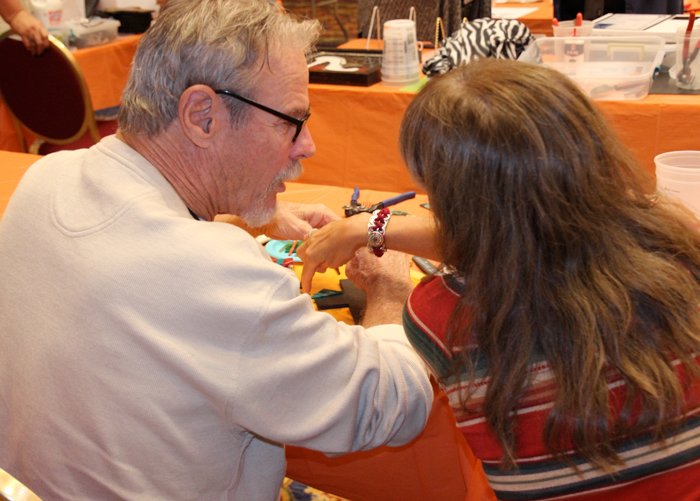
One problem for many veterans is that very few people back home have the emotional strength to listen to them talk about what they went through. Their feelings of isolation and poor relationships with others are, in part, from having bad experiences with people who are poor listeners.
In his post on PsychologyToday.com, Dr. Sam Osherson says that veterans and civilians need each other.
Familiar verbal stop signs like, ‘you can’t understand’ or ‘I don’t dare ask’ are too costly for everyone,” Osherson said. “We need to find a way to have a dialogue about what is like to return from war, and what it is like to be a son, a parent, a sibling, a spouse of someone who has been to war.
People who have highly distressing experiences will usually talk with a good listener who will take time to hear the whole story, according to researchers at the Resiliency Center in Portland. If you are willing to listen to veterans speak truthfully about all of their experiences, here are useful guidelines to follow:
Veterans have important—essential—stories to tell. So do their parents, spouses, children, and friends,” Osherson said. “We all need to hear them.
In the spirit of Service, Not Self, the mission of the American Legion Auxiliary is to support The American Legion and to honor the sacrifice of those who serve by enhancing the lives of our veterans, military, and their families, both at home and abroad. For God and Country, we advocate for veterans, educate our citizens, mentor youth, and promote patriotism, good citizenship, peace and security.